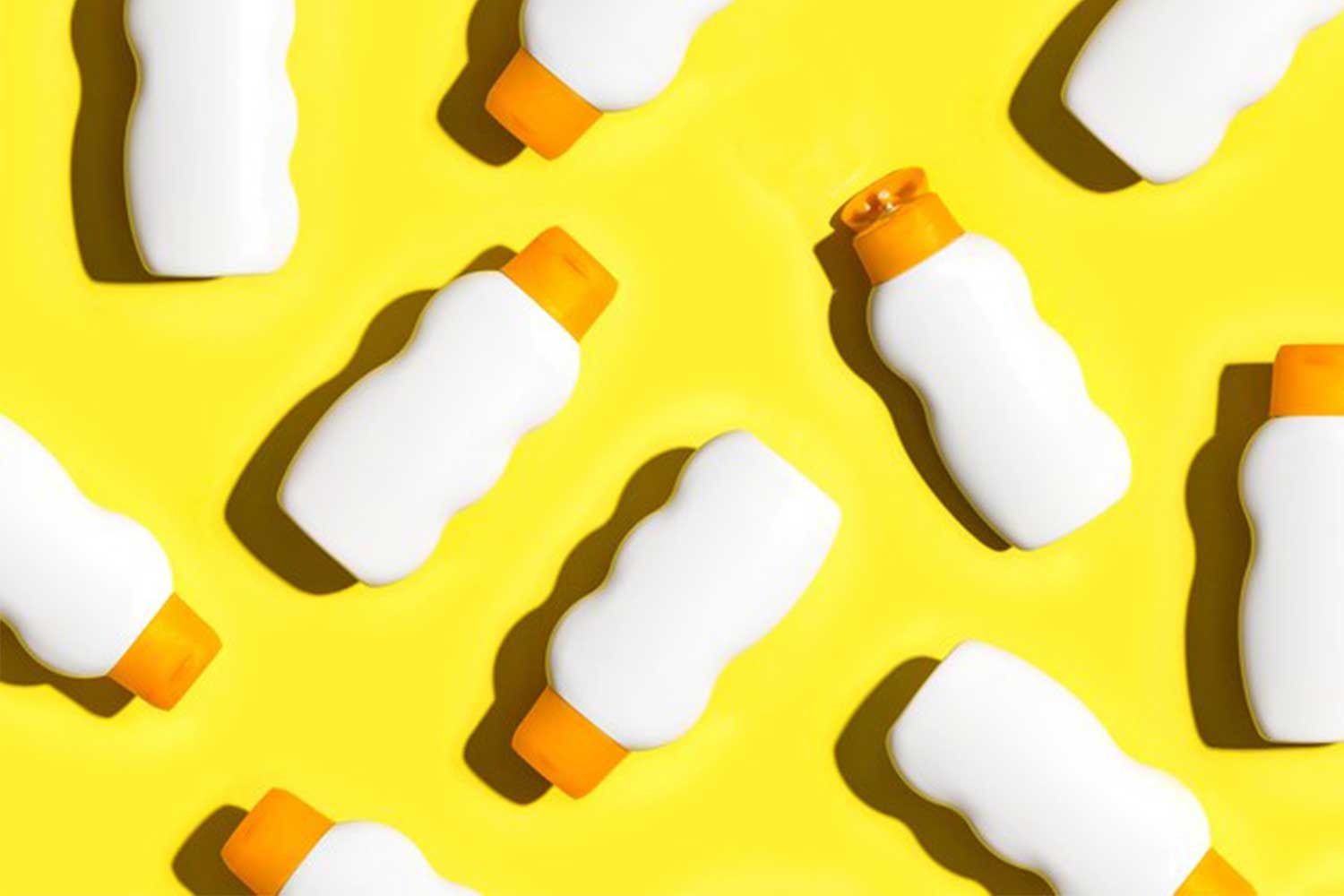
You know that applying sunscreen is an important step during a day at the beach but did you know that your sunscreen may be harming our coral reefs?
Applying sunscreen is necessary to help avoid a nasty sunburn, as well as, helping prevent harmful sun damage to your skin. No matter your age or how long you spend time in the sun, protecting your skin should be non-negotiable. Countless studies have proven the safe preventative effects of lathering up before heading outside. However, recent studies are showing that certain sunscreens are causing to be harmful to our oceans.
Research shows that some 90% of sunscreens are taking a serious toll on the environment – contributing to the bleaching and inevitable death of coral. Many of our reefs are in historic decline and sunscreens are part of the problem.
Common sunscreen ingredients in many popular brands, oxybenzone and octinoxate, have proven to be toxic to living coral. These chemicals cause destructive mutations at a genetic level and directly correlate with increased instances of coral bleaching.
Chemical sunscreens serve to amplify one of the worst effects of climate change in the sea: oxybenzone contributes to coral bleaching while introducing other issues to the coral – DNA damage and death among them. Ultimately, there are many reasons our reefs and oceans are in trouble, and many sunscreens we choose are a part of that. Research shows that even one drop of chemical sunscreen in an Olympic-sized pool can cause detrimental harm.
While more than 90% of sunscreens on the market contain harmful chemicals, there are numerous reef-safe brands and harsh-chemical-free sunscreens available at your disposal. Do your research and check the ingredient list in your sunscreens. Not only is it better for our oceans, but it’s also more gentle for your skin and is still completely effective!
Next time you’re shopping for your beach weekend, make sure reef-safe sunscreen is at the top of your list!

